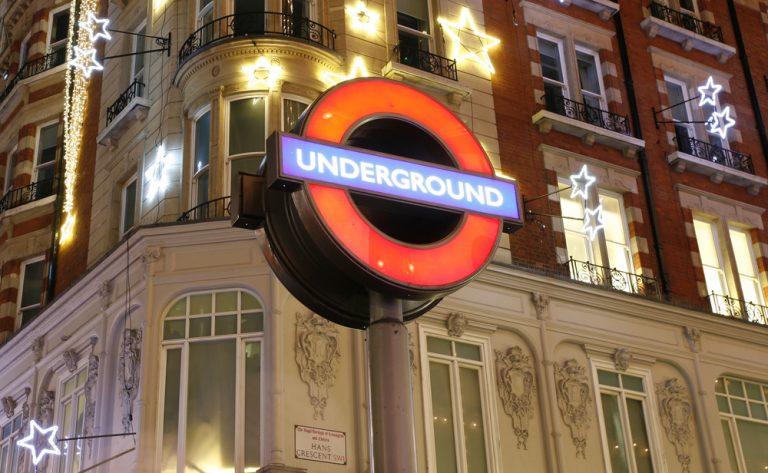
In case you hadn’t heard, Friday night ushered in a new era for London: the Night Tube. Bringing the British capital in line with other European cities who already have 24 hour metro systems, two main lines will now run continuously between Friday morning and Sunday night.
Championed by both Boris Johnson and Sadiq Kahn as vital to “help maintain London’s status as a vibrant and exciting place to live, work and visit,” Friday’s launch was the result of hard work by both mayors, as well as hours of discussion with unhappy trade unions.
Expensive as the project may be, both Kahn and his predecessor Johnson were agreed on the long term economic benefits. Research suggests that the net additional output produced as a result of the service will equate to an additional £360 million over 30 years, and for each £1 spent on delivering the Night Tube, the benefits will be worth £2.70.
Looking at the bigger picture, Sadiq Kahn hopes the Night Tube service will give London’s failing nightlife a much-needed boost. Recent months have seen London nightclubs close at an unprecedented rate, leading Kahn to seek the appointment of a ‘Night Minister’ to nurture and protect the city’s nightlife.
A 24-hour service gives clubs and bars the potential for longer operating hours, and obtain more staff – TfL predicts the Night Tube will lead to the creation of 1,965 permanent jobs, across a range of industries.

The demand for a 24 hour service, especially at weekends, is certainly there: around 560,000 people use the tube after 10pm on Fridays and Saturdays already, equivalent to 8 percent of all trips, according to a report by economic consultant Volterra.
For shift workers, it spells the end of long, tiresome night bus journeys home. Almost half of night bus passengers are commuting to and from work, and demand has risen 170 percent in the past 15 years – far in excess of TfL’s daytime services.
Indirectly, the service has other benefits; it provides a reduced demand for illegal minicabs and less time spent on the streets waiting for Night Buses, thus improving safety at night.
Whether the investment will be as good as it sounds is something only time will tell. For London, however, it represents a new era; for nightlife, for the economy and for everyone who considers themselves a Londoner.
Miranda Wadham on 24/08/2016
